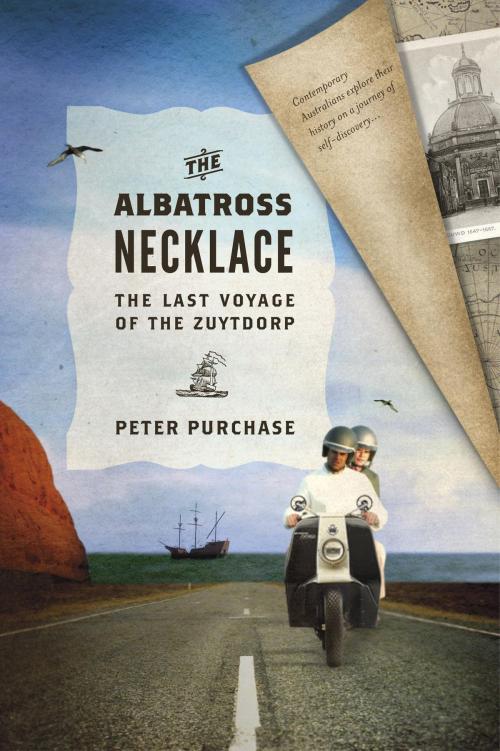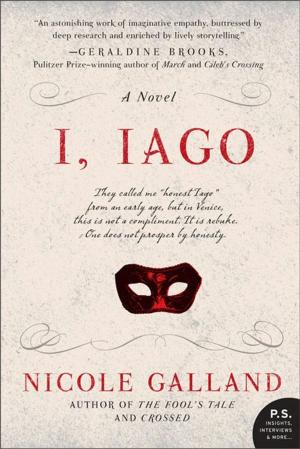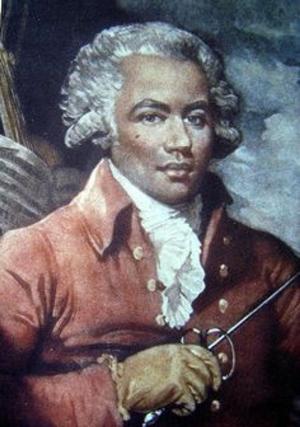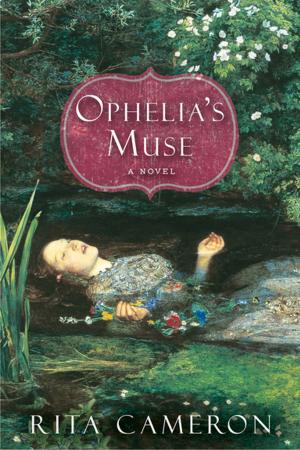| Author: | Peter Purchase | ISBN: | 9780987478207 |
| Publisher: | Dune Publishing | Publication: | December 12, 2012 |
| Imprint: | Language: | English |
| Author: | Peter Purchase |
| ISBN: | 9780987478207 |
| Publisher: | Dune Publishing |
| Publication: | December 12, 2012 |
| Imprint: | |
| Language: | English |
A fictional novel based on fact, The Albatross Necklace examines the Golden Age of Dutch global expansion in the years 1690-1720 and the British settlement of Perth in Western Australia in 1829-1840. The novel celebrates the tri-centenary of the sinking of the Zuytdorp. The year is 1997, the place is Fremantle in Western Australia and Lennard Currie, a part-Aboriginal glass sculptor, is constructing a monumental cenotaph to his ancestors who lost their lives resisting British settlement 200 years before. Lennard invites Stefan Novak, a brilliant glass technician, to collaborate. Against insurmountable odds, they complete the project in 2000, just prior to the Sydney Olympics. Lennard has traced his European ancestry to Gerrit de Waal, senior carpenter aboard the Dutch cargo ship Zuytdorp, who survived its sinking in 1712 when storms drove the ship onto towering cliffs at Kalbarri, 600 kilometres north of Fremantle. He was subsequently rescued by Aboriginal warriors of the local Malgana family group. Stefan is fascinated and agrees to co-write Gerrit’s biography, using Lennard’s research material. In Part I - The Man who lit the Flame, the action is centred on the creation of the controversial cenotaph, with the reader’s focus on the personal stories of the glass artists. Part II - Survivors of the Storm, transports the reader back 300 years into the thriving city of Middelburg in the Netherlands and conjures up Gerrit de Waal’s life and his survival among the Malgana.
A fictional novel based on fact, The Albatross Necklace examines the Golden Age of Dutch global expansion in the years 1690-1720 and the British settlement of Perth in Western Australia in 1829-1840. The novel celebrates the tri-centenary of the sinking of the Zuytdorp. The year is 1997, the place is Fremantle in Western Australia and Lennard Currie, a part-Aboriginal glass sculptor, is constructing a monumental cenotaph to his ancestors who lost their lives resisting British settlement 200 years before. Lennard invites Stefan Novak, a brilliant glass technician, to collaborate. Against insurmountable odds, they complete the project in 2000, just prior to the Sydney Olympics. Lennard has traced his European ancestry to Gerrit de Waal, senior carpenter aboard the Dutch cargo ship Zuytdorp, who survived its sinking in 1712 when storms drove the ship onto towering cliffs at Kalbarri, 600 kilometres north of Fremantle. He was subsequently rescued by Aboriginal warriors of the local Malgana family group. Stefan is fascinated and agrees to co-write Gerrit’s biography, using Lennard’s research material. In Part I - The Man who lit the Flame, the action is centred on the creation of the controversial cenotaph, with the reader’s focus on the personal stories of the glass artists. Part II - Survivors of the Storm, transports the reader back 300 years into the thriving city of Middelburg in the Netherlands and conjures up Gerrit de Waal’s life and his survival among the Malgana.















